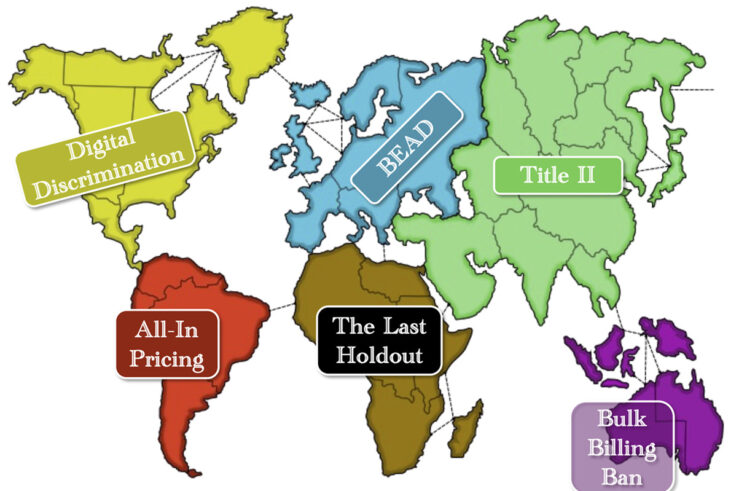Six Flags’ preliminary proxy statement filed with the SEC earlier this week reveals that its board has agreed to reimburse Red Zone LLC, the entity controlled by Washington Redskins owner Daniel Snyder, for expenses incurred in its successful consent solicitation last fall. Red Zone launched the solicitation to address Six Flags’ continued poor performance and was able to oust three of Six Flags’ seven directors (including its CEO and CFO) and replace them with Snyder, Mark Shapiro (former Executive Vice President, Programming and Production of ESPN) and Dwight Schar (Chairman of NVR, Inc., the nation’s 6th largest homebuilder). Snyder has since been appointed chairman and Shapiro CEO. Six Flags’ stock is up over 80% since Red Zone launched the solicitation.
The proxy indicates that Red Zone incurred $11.6 million in expenses related to the solicitation. The biggest single expense was “a signing bonus of $5 million to compensate Mr. Shapiro for leaving his promising career at ESPN at a time when the success of Red Zone’s consent solicitation was uncertain.â€? Other expenses included $813,000 in legal fees; $2.4 million in investment banking fees; $972,000 in travel expenses (including airfare, lodging, meals) incurred to meet with stockholders during the solicitation period, $36,000 for the cost of preparing, printing and mailing proxy materials and subsequent communications to stockholders; and $580,935 in fees and expenses for professional proxy solicitors. Red Zone asked to be reimbursed for $11.4 million of these expenses, and the company has agreed to reimburse $10.4 million, subject to stockholder ratification. For more details, see pp. 31 & 32 of the preliminary proxy linked above. Six Flags spent $9.4 million on legal, investment banking, public relations and other fees in its failed effort to thwart Red Zone’s solicitation.
This battle would make an interesting case study. Proxy fights are extremely rare, especially outside of an acquisition context. In most situations, a disgruntled stockholder will simply opt for the “Wall Street Rule� (sell out) instead of fighting. This is because an insurgent will have to bear the multi-million dollar expense of the fight with the knowledge that the spoils of victory will be shared with all other stockholders. While a company is free to reimburse reasonable costs incurred by the insurgent in the battle (as Six Flags has decided to do), it is highly unlikely a company will choose to reimburse a losing insurgent. And the chances of victory are less than 50% in light of rational shareholder apathy and other impediments. For some reason, none of this discouraged Snyder.




